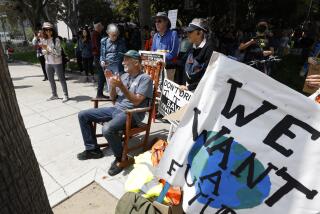Column: My decision to keep working didn’t just replenish me; it helped save me
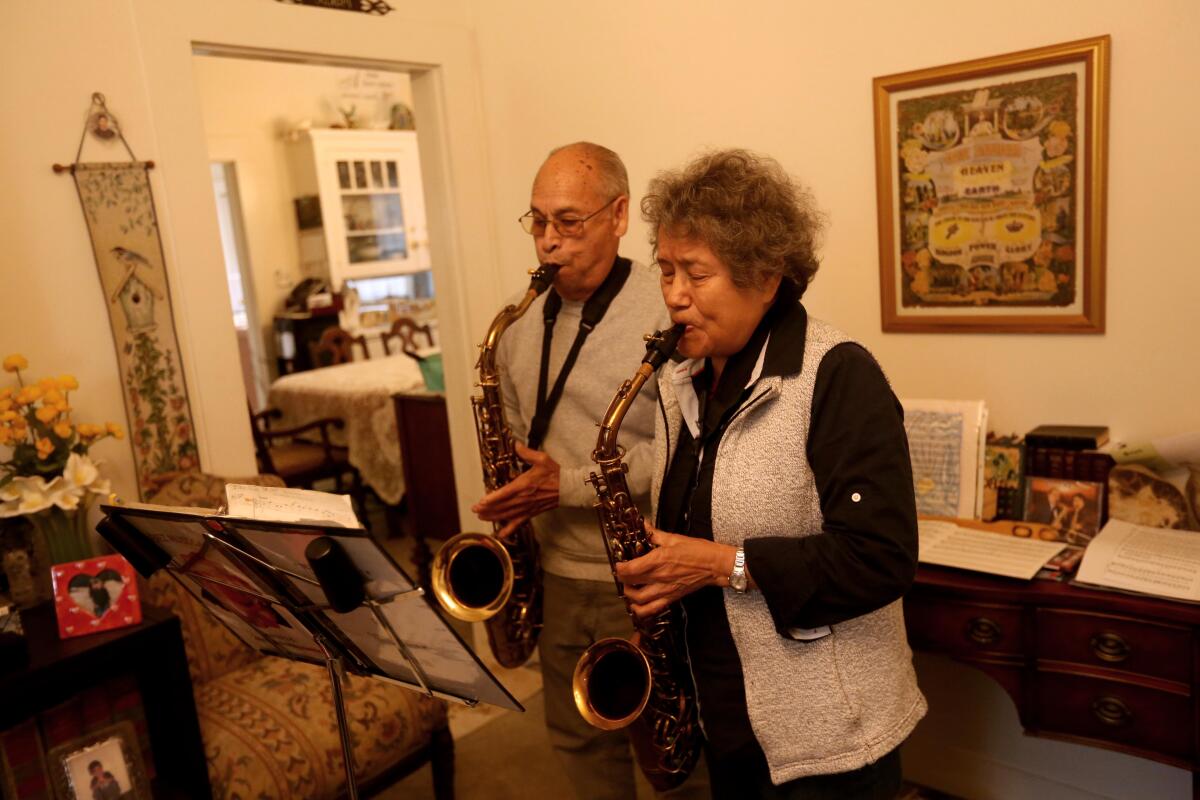
- Share via
Almost a year ago, as I set out to explore the woes and wonders of aging, I wrote that I didn’t feel as old as the man I saw in the mirror.
That was the truth, and I still feel that way. But as I think back on what I’ve learned over the last 12 months, I need to make a confession. Although I feel younger than my reflection, I’m way older than the impostor whose likeness has been running at the top of this column.
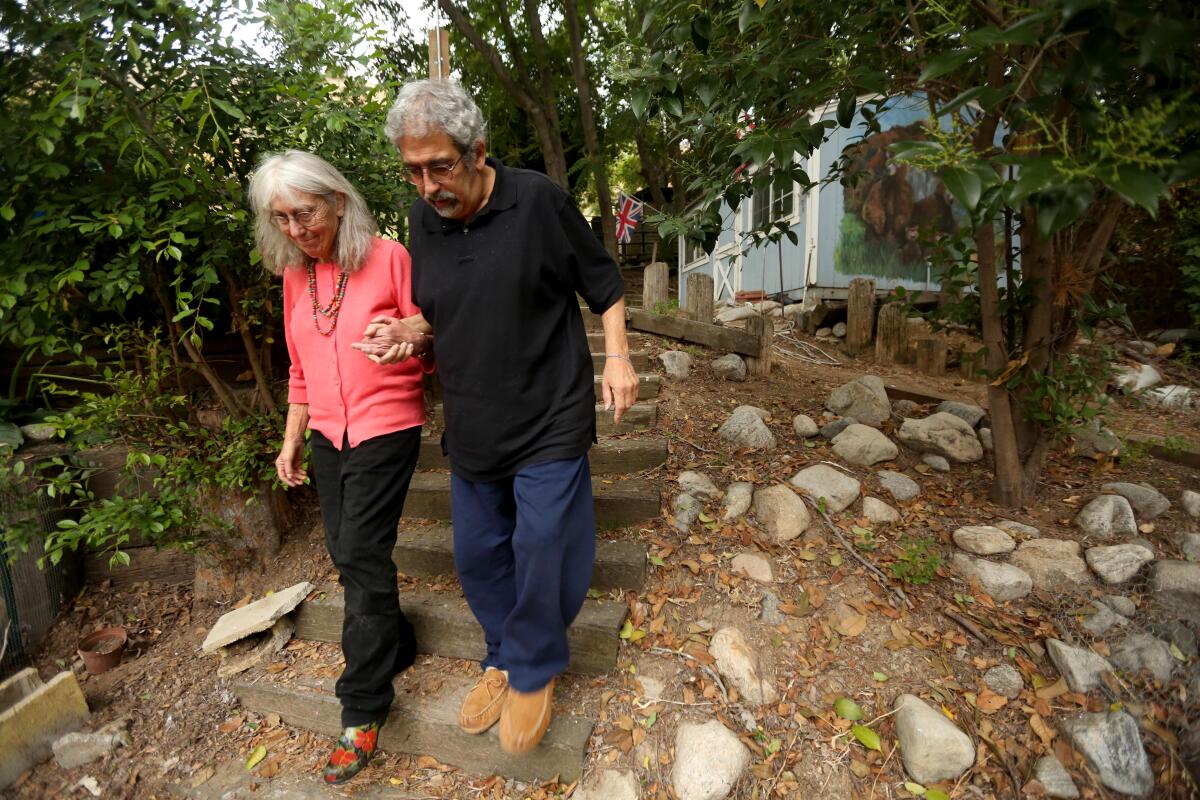
I can’t even recall when that photo of me was taken and transformed into a sketch. Ten years ago, maybe? Most of the hair in that rendering is gone, and the years have carved more lines into my face.
California is about to be hit by an aging population wave, and Steve Lopez is riding it. His column focuses on the blessings and burdens of advancing age — and how some folks are challenging the stigma associated with older adults.
It’s false advertising, pure and simple. Here I am, standing firm against ageism in all its forms — in March, I extolled the virtues of actress Mimi Rogers’ vow to age naturally — and yet my miraculous, anti-aging portrait is the equivalent of radical cosmetic surgery. Is there anything that makes you look older than obvious attempts to hide your age?
Not that I was particularly sanguine about anything, including my own age, at the start of 2023. It was the year in which I would turn 70, which does knock you back a bit, especially if you glance now and again at the obituaries. And the world was in a sad state, bearing no resemblance to the picture I’d had in my head as an idealistic and somewhat naive younger man.
Column: Is our aging population a time bomb? An opportunity?
Vladimir Putin was attempting to crush Ukraine. The United States was at war with itself. Robots were writing essays. The planet was alternately flooding and burning. And all of that was before the Middle East exploded yet again.
You want to believe, as a parent, that your kids will inhabit a more evolved and less divided world than the one you were born into. So it’s a bit of a letdown to hit 70 and realize time is running out on the chance of sanity breaking out, let alone world peace.
The headline on my inaugural Golden State column asked whether our aging population was an opportunity or a ticking time bomb. We are, after all, approaching the first time in history in which more people in the world will be 65 and older than 18 and under.
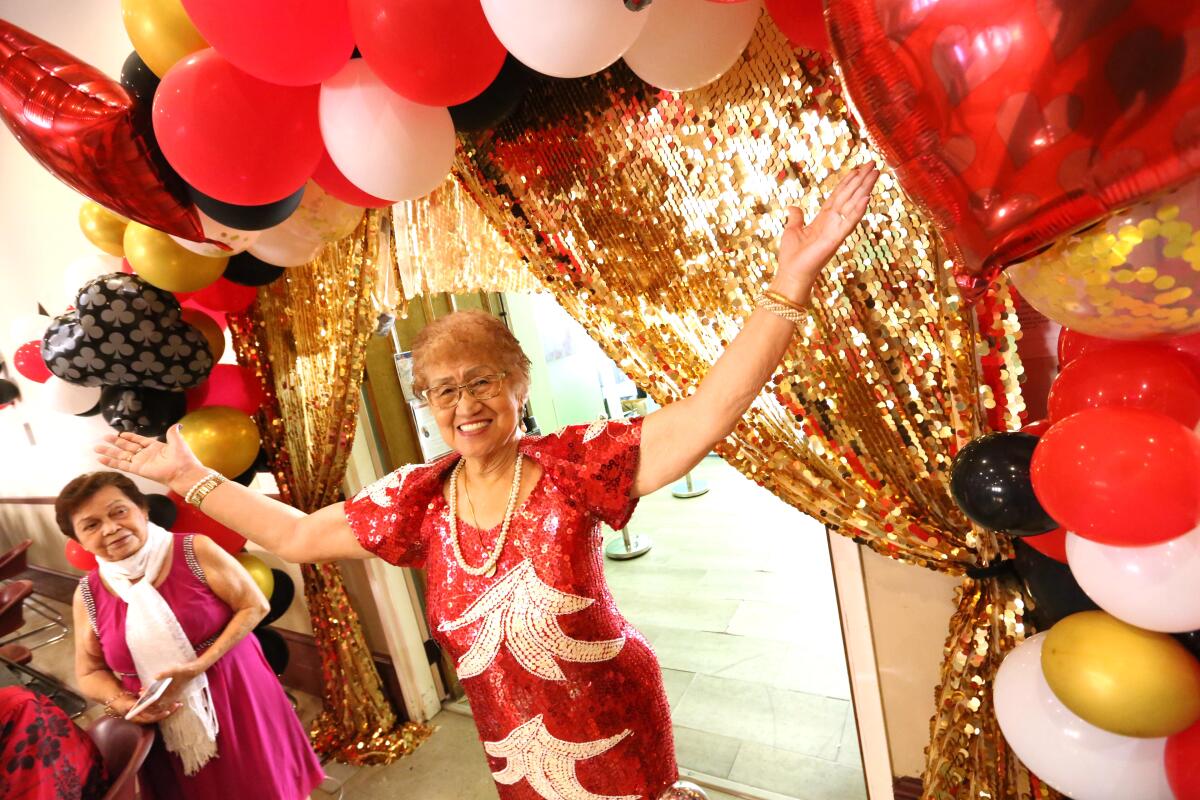
The short answer is that while many people will age gracefully and comfortably, maintain access to the best healthcare available and continue finding purpose — in second careers and as volunteers, world travelers, hands-on grandparents and students of reinvention — millions will be swamped by healthcare and housing costs. Millions more will drift into permanent states of loneliness, isolation and the fog of forgotten histories. Countless middle-aged daughters and sons will be financially stressed and spiritually tested as they manage their own lives while caring for children and parents.
And so it goes, as the addled protagonist said over and over again in Kurt Vonnegut’s anti-war novel “Slaughterhouse-Five.”
Aging, of course, is nothing new. But the seismic demographic shift is, with 10,000 more people turning 65 each day in the United States, where savage inequities are the norm.

I’m reminded of David Mays, an unemployed Los Angeles caregiver approaching 70, his legs swollen from sleeping in his car for two years, and of the retired downtown L.A. resident who called Skid Row a massive retirement community, with older adults making up one of the fastest-growing segments of the homeless population.
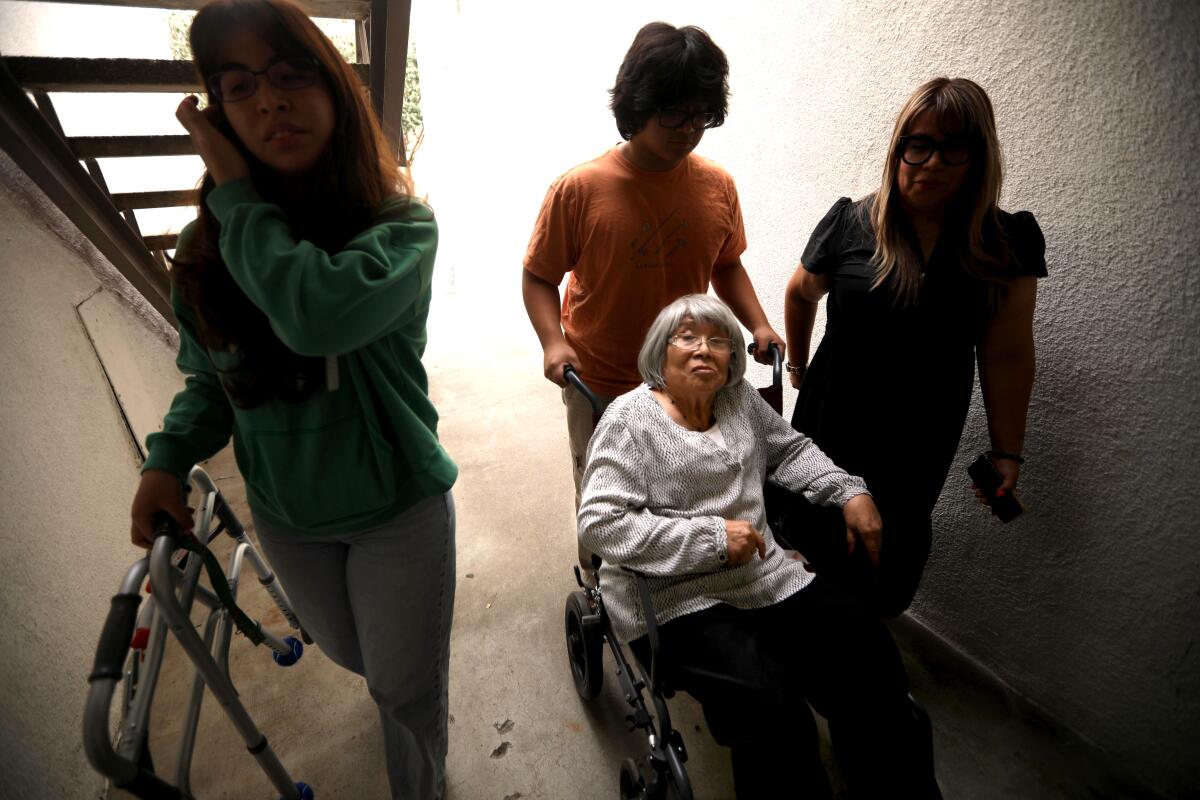
The cost of care crippled 102-year-old World War II vet Paul Hult, who told me in his Hollywood apartment that he’d burned through his life savings to pay for in-home help after taking a fall.
And I saw the flip side of that story in the San Fernando Valley, where 71-year-old caregiver Josephine Biclar showed me how she and other women from the Philippines — many of them making less than minimum wage — use dividers to carve apartments into sleeping barracks, because that’s all they can afford.
The challenges are monumental, and even though California is mapping strategies to meet them, questions about long-term funding and leadership abound. As I explore the many implications of an aging population, in California and beyond, it often seems as though I’m witnessing an evolving catastrophe akin to climate change.
It’s here. We are not prepared. It’s going to get worse.
And yet, as with climate change, there are stories of adaptation and survival, and I felt lucky to be in a position to tell them.
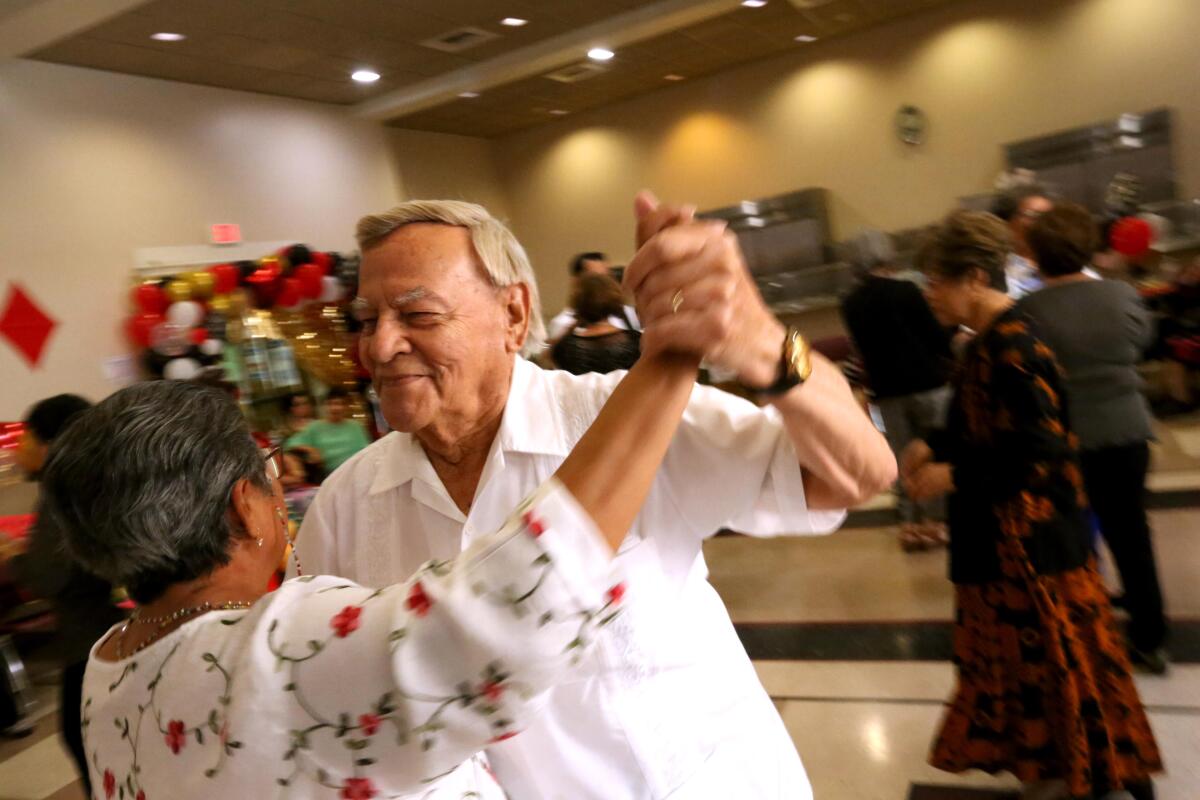
Go where life is and do what replenishes you, Father Gregory Boyle had advised when I was researching “Independence Day,” my book on retirement. My decision to keep working didn’t just replenish me; it helped save me.
I lost my first son two years ago — a loss I’m still unable to fathom. Keep moving, I told myself. Find strength in those who honor the departed while moving forward, in those who meet terminal disease with courage and grace.
I recently visited Berkeley poet Charles Entrekin, who has lost his sight and his ability to walk, and he’s now losing his voice as he copes with Parkinson’s. But visits from his grandchildren are like bursts of sunshine, and as long as he can still write, he said, life is worth living. In his newest book, “Poems from the Threshold,” he wrote:
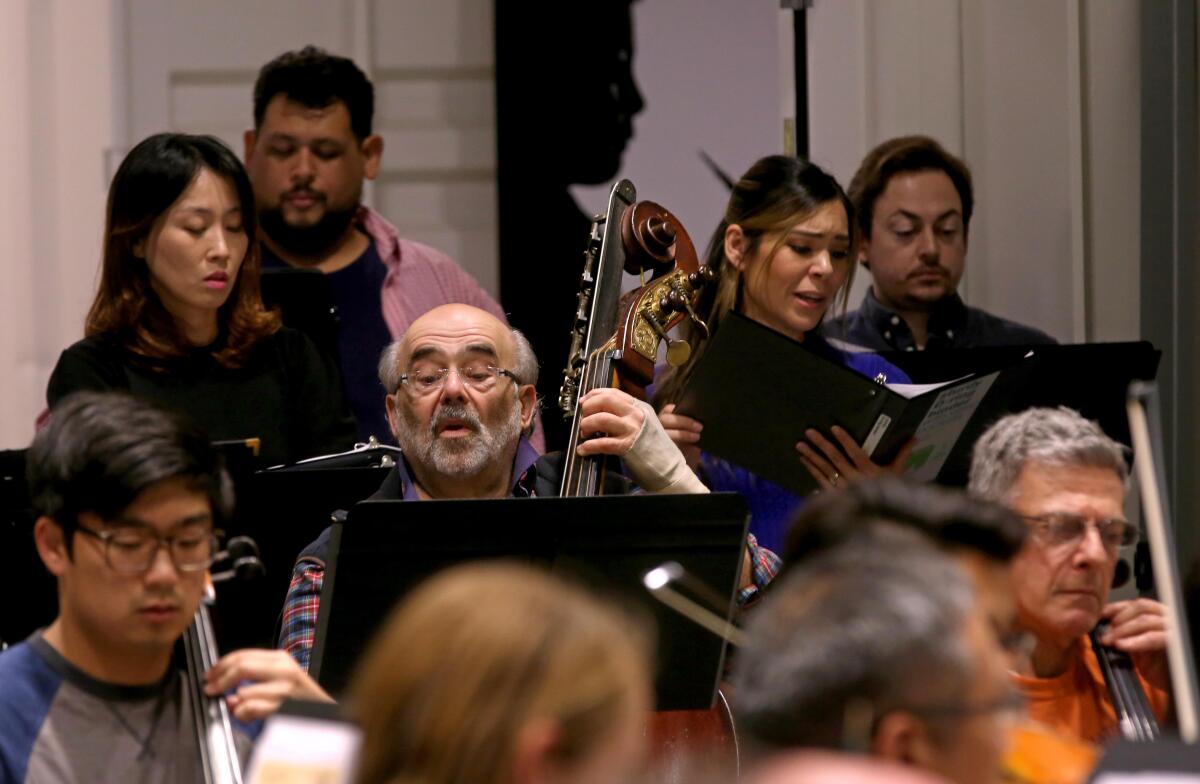
I don’t know where I am going,
but I am going, even though it is dark.
I hold onto the ribbon that will lead me to the next room
where I must let go and find my way
on my own, alone.
For my 70th birthday, my wife and I went to Ireland. Time itself elasticized on that trip — maybe it stretches thin when you hit a big milestone. I found myself thinking about all the things my son will never experience. I wondered, too, how many more trips I’ll be lucky enough to take and whether, in the time I have left, I should revisit the places I love or take in more of what I’ve never seen.
I don’t have the answers, but I know where to find inspiration, thanks to readers who keep sharing their stories with me.
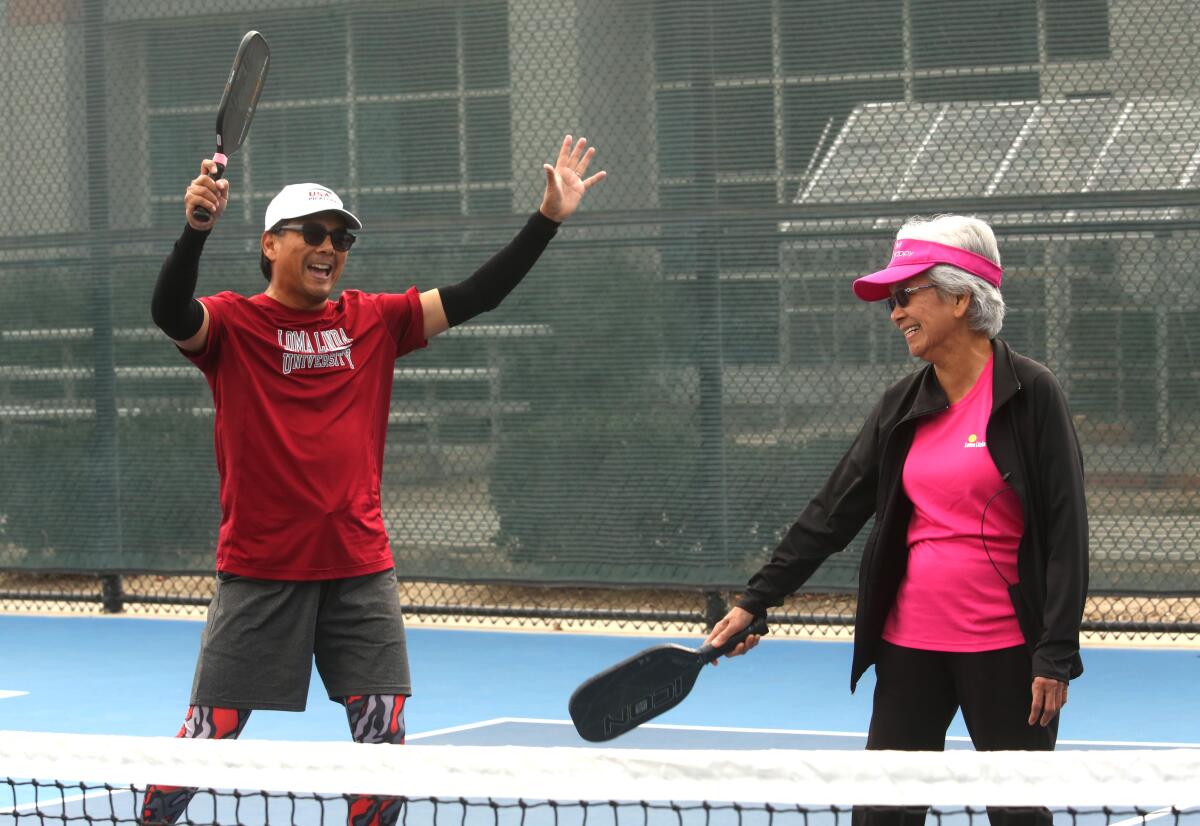
When I watched Benny Wasserman, 88 and in treatment for cancer, hit 90-mile-an-hour fastballs at a batting cage near Disneyland, I cheered his every home run. And I heard from a woman who sits on her porch each morning to watch the rising sun brighten the sea before her, as she studies three new languages and takes her treatment for cancer.
I don’t know if I’d have such deep wells of strength in a similar situation, but I’ll know what it means to face fear with courage.
Television pioneer Norman Lear, who died this month at the age of 101, told me three years ago that he dwelt not on what he’d done but on what he wanted to do next. That’s had me thinking lately that if we’re curious about what we don’t know rather than convinced of what we do know, the truth of who we are is unfinished business.
In that regard, I’ve got a new role model, and his name is Pete Teti.
On Thanksgiving Day, I accompanied Teti on his daily Griffith Park hike as he approached his 100th birthday. The world is indeed in a sad state, he conceded. But the survivor of the Great Depression and World War II reminded me that things go in cycles, and young people are born without prejudice.
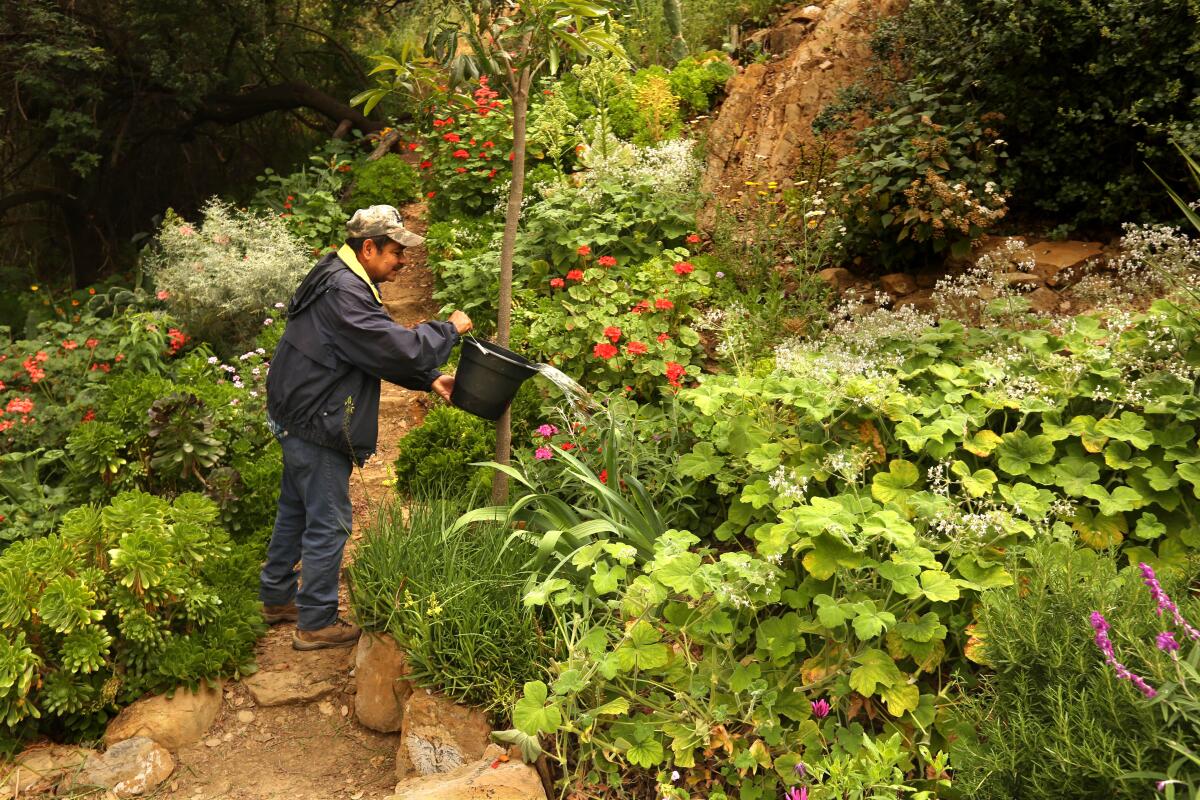
So Teti maintains hope as he indulges his appetite for the new. He’s been studying fractal geometry while producing computer-driven art projects, Exhibit A of the idea that all of us must age, but none of us have to get old.
I doubt that I’ll be tackling fractal geometry, although if I’m as lucky as Teti, I’ve got 30 years to change my mind. I do, however, keep learning new songs on the guitar. And I just got another rescue after losing Dominic, who was named for children’s author William Steig’s story of a dog who feels like he’s stagnating, so he packs his bags and sets out on new adventures.
Old dog, new tricks. Why not?
Many years ago, when kids would misbehave, I occasionally dragged out an old cliche and told them to act their age. One year into Golden State, my advice for contemporaries is the exact opposite.
Don’t act your age. Don’t even think about it.
My biggest regret is that I didn’t, as promised, join a garage band in 2023.
Along with an updated photo, that’s on the list of resolutions in the new year.
More to Read
Sign up for Essential California
The most important California stories and recommendations in your inbox every morning.
You may occasionally receive promotional content from the Los Angeles Times.



